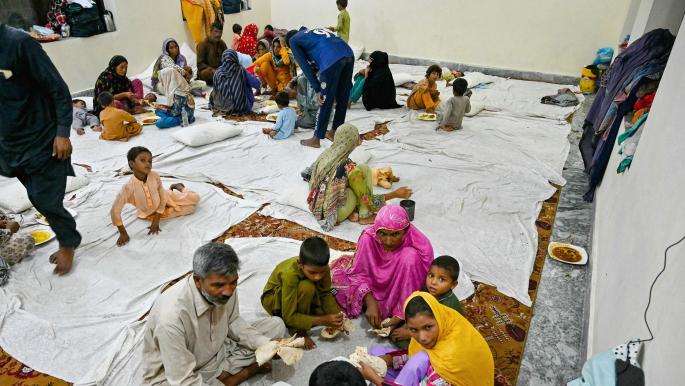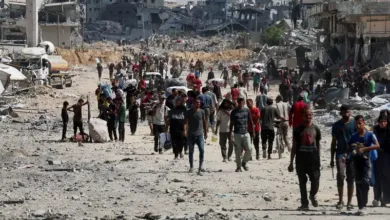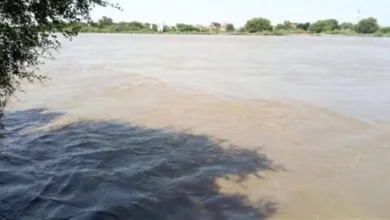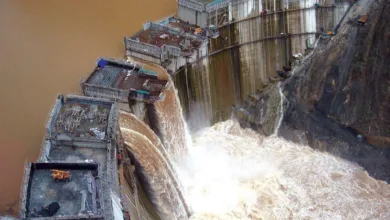Pakistan Floods Devastate Thousands of Farmers’ Lives
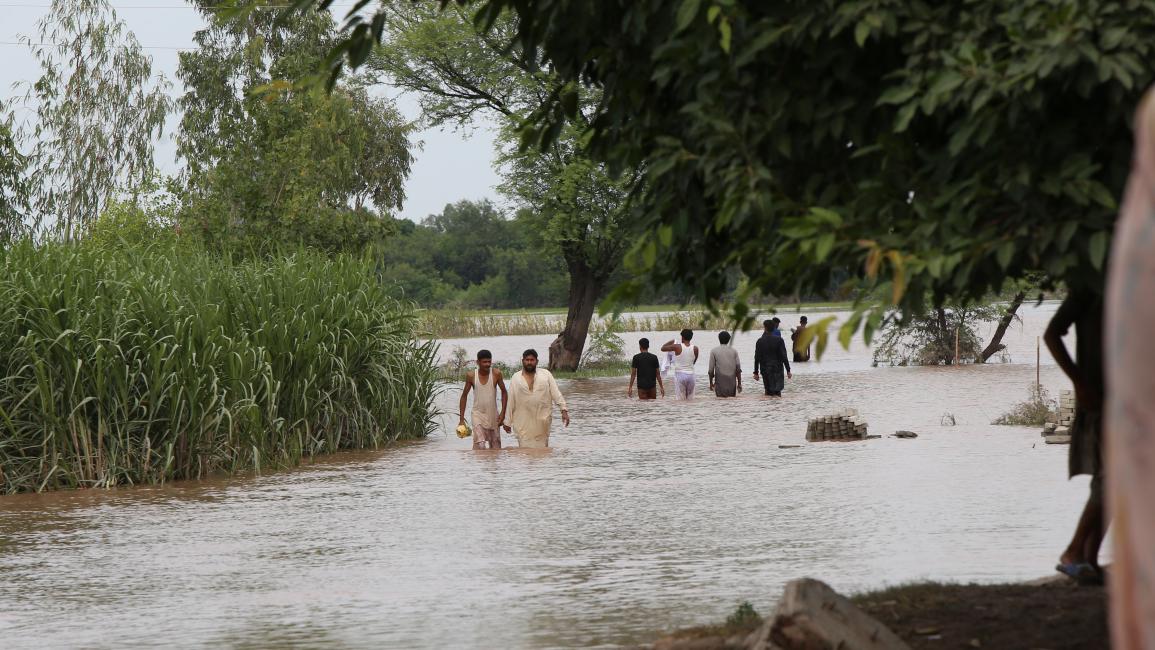
Torrential Rain and Floods Leave Farmers in Crisis Heavy rains and devastating floods continue to wreak havoc across Pakistan, affecting large parts of the population. Among those most severely impacted are farmers and agricultural workers, who have lost nearly everything, including their homes and essential crops, the backbone of their livelihoods UK Economy Stagnates.
The floods have destroyed thousands of hectares of farmland, sweeping away fields of wheat, rice, cotton, and vegetables, along with fruit orchards. For many Pakistani farmers, these crops represent not only their primary income but also a way to repay debts accumulated throughout the year.
Personal Stories of Loss and Struggle
Mohammed Naseem, a farmer from Punjab, told Al-Araby Al-Jadeed: “We lost everything due to these floods. The farmland we invested our time and money in is gone, which means we will face enormous challenges in the coming year. Normally, we borrow money to manage household expenses and agricultural work, hoping to repay our debts after harvesting. This year, we have no crop, no income, and no way to repay what we owe” Trump on Russian Drone Incursion in Poland.
From Faisalabad, another farmer, Mohammed Abid Jutt, described how the floods ruined his life: “Farming is not just a job; it is my life. I lost my son in a traffic accident last year, leaving me with four young children. I had hired help for the cotton harvest, but the floodwaters destroyed the fields and my home. I rarely leave the house now and live in constant despair” Poland Responds to Trump.
Economic Impact of the Floods
The floods have had severe economic repercussions. Entire crops were wiped out overnight, leaving farmers unable to repay loans or purchase supplies for the next season. The destruction of agricultural assets means that rural communities, which depend heavily on farming, are at risk of long-term financial instability UAE Summons Israeli Ambassador.
Mohammed Ali Abbasi, a social activist, emphasized the human cost: “This is not just a natural disaster but a comprehensive humanitarian crisis. Farmers are the most affected as they have lost everything—the land, crops, and livestock, which are vital for their food and income” Anticipated Meeting Between Trump and Qatar’s Prime Minister.
Housing and Displacement Crisis
Most affected farmers are now living in temporary shelters, with relatives, or in makeshift accommodations near their destroyed lands. Abbasi noted: “The government’s role has been limited to relocating people from flooded areas, which is far from sufficient. Most farmers have no permanent shelter and remain exposed to ongoing environmental risks” The Most Famous Scandals in American Politics.
Floodwaters have not only destroyed homes but also community infrastructure, leaving thousands without access to basic necessities such as food, clean water, and medical care. Many villages are cut off, and aid delivery is hampered by submerged roads and damaged transportation networks.
Psychological and Social Consequences
The floods have taken a heavy psychological toll. Farmers face despair and trauma, with some expressing feelings of hopelessness and helplessness. Entire families are struggling to survive on minimal resources, while children and the elderly are at heightened risk of illness and malnutrition.
Communities are facing long-term challenges in rebuilding livelihoods, and experts warn that without substantial intervention, many households may fall into cycles of debt and poverty. The social fabric of rural Pakistan is under severe strain as residents attempt to cope with both economic loss and the trauma of displacement Trump Hints at Pardoning Maxwell.
Government and International Response
While the Pakistani government has initiated rescue and relief operations, resources remain insufficient. International aid agencies are being called upon to provide emergency support, including food, clean water, and temporary housing. However, the scale of the disaster has overwhelmed local and national capacity.
Activists are urging the government to prioritize long-term agricultural support, including financial aid to farmers, reconstruction of irrigation systems, and restoration of farmland. Such measures are crucial to prevent the economic collapse of rural communities.
Lessons and Future Challenges
The ongoing floods highlight Pakistan’s vulnerability to climate-related disasters. Experts stress the importance of improving early warning systems, reinforcing infrastructure, and implementing comprehensive flood management strategies. Without proactive planning, similar disasters could recur, exacerbating the humanitarian crisis Trump on Russian Drone Incursion in Poland.
The plight of Pakistani farmers is a stark reminder of the interconnectedness of natural disasters, economic stability, and social well-being. Effective disaster response must balance immediate relief with strategies for long-term recovery.
The 2025 Pakistan floods have devastated agricultural communities, destroyed homes, and left thousands of farmers in financial ruin. The combined impact of lost crops, damaged infrastructure, and displacement poses long-term challenges to rural livelihoods. Immediate aid, government intervention, and international support are critical to preventing further loss of life and ensuring that farmers can rebuild their lives UK Economy Stagnates.
